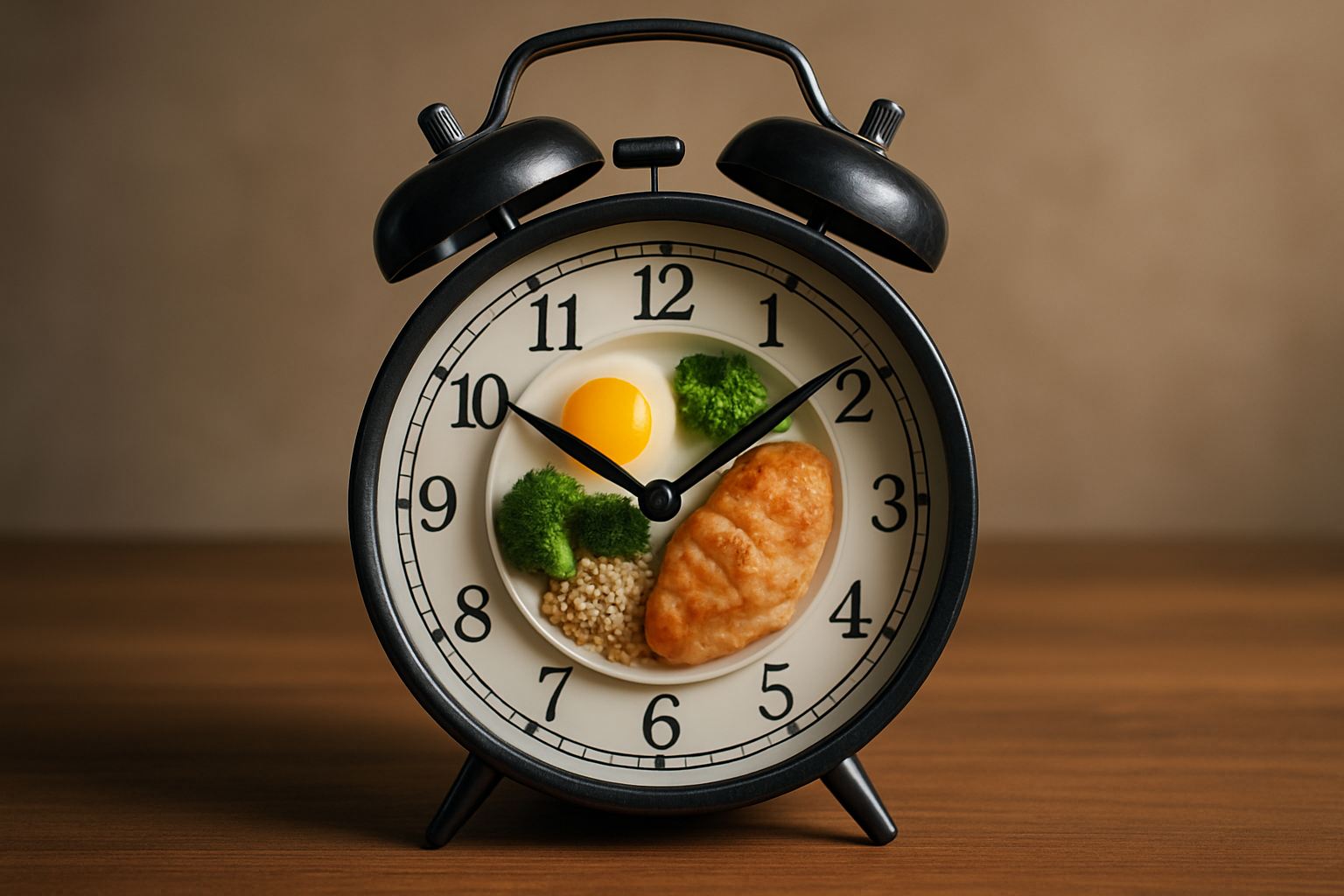Smart Snacking After 60: Nutritious Options for Seniors
Why smart snacking matters more after 60, Nutrient-rich snacks support energy, digestion, and overall well-being. From crunchy to creamy, explore balanced snack ideas that cater to senior health needs, including options for heart, bone, and brain health.

What Are 7 Healthy Senior Snack Options?
Greek yogurt topped with berries stands out as an excellent choice, providing protein for muscle maintenance and probiotics for digestive health. Mixed nuts and seeds offer healthy fats and vitamin E, supporting brain function and heart health. Fresh fruit paired with nut butter delivers fiber, potassium, and sustained energy. Whole grain crackers with hummus provide complex carbohydrates and plant-based protein. Hard-boiled eggs supply high-quality protein and choline for cognitive health. Cottage cheese with sliced tomatoes offers calcium and lycopene. Finally, homemade trail mix combining dried fruits, nuts, and dark chocolate chips provides antioxidants and satisfying crunch while controlling sodium and sugar content.
Easy-to-Chew Snack Ideas Perfect for Aging Adults
Texture considerations become increasingly important as we age, especially for those with dental concerns or swallowing difficulties. Smoothies made with protein powder, spinach, banana, and milk create nutrient-dense options that are easy to consume. Avocado toast on soft whole grain bread provides healthy fats and fiber without requiring extensive chewing. Soft-cooked vegetables like steamed carrots or roasted sweet potato cubes offer vitamins and minerals in an easily digestible form. Oatmeal with mashed banana and cinnamon delivers soluble fiber and natural sweetness. Soft cheese varieties paired with ripe pear slices combine calcium with natural fruit sugars for energy.
Discover New Senior Snacks That Are Absolutely Amazing
Innovation in senior nutrition has led to exciting new snack options that combine convenience with exceptional nutritional value. Chia seed puddings, prepared by soaking chia seeds in milk overnight, create a creamy texture rich in omega-3 fatty acids and fiber. Roasted chickpeas seasoned with herbs provide plant-based protein and satisfying crunch. Bone broth served warm offers collagen and minerals that support joint health. Frozen grapes provide natural sweetness and antioxidants while being gentle on sensitive teeth. Energy balls made from dates, nuts, and seeds offer concentrated nutrition in bite-sized portions. These modern alternatives prove that healthy snacking can be both nutritious and enjoyable.
Diabetic-Friendly Snack Choices for Seniors
Managing blood sugar levels becomes crucial for many seniors, making diabetic-friendly snacks essential for maintaining stable glucose levels throughout the day. Celery sticks with almond butter provide fiber and healthy fats without causing blood sugar spikes. String cheese paired with cherry tomatoes offers protein and minimal carbohydrates. Apple slices with a small portion of peanut butter combine fiber with protein to slow sugar absorption. Plain Greek yogurt with a sprinkle of cinnamon delivers protein while cinnamon may help regulate blood sugar. Raw vegetables like cucumber, bell peppers, and radishes with tzatziki dip provide nutrients with minimal impact on glucose levels. These options help seniors maintain steady energy while supporting overall metabolic health.
Nutritional Considerations for Senior Snacking
Senior nutrition requires special attention to specific nutrients that support aging bodies. Calcium and vitamin D become increasingly important for bone health, making dairy products and fortified alternatives valuable snack components. B vitamins, particularly B12, support cognitive function and energy metabolism, found in eggs, dairy, and fortified cereals. Fiber helps maintain digestive health and can be obtained through fruits, vegetables, and whole grains. Potassium supports heart health and blood pressure regulation, abundant in bananas, oranges, and yogurt. Omega-3 fatty acids from nuts, seeds, and fish support brain and heart health. Staying hydrated also becomes more critical with age, so incorporating water-rich snacks like watermelon or cucumber can contribute to daily fluid intake.
Meal Planning and Preparation Tips
Successful senior snacking often depends on preparation and planning. Pre-portioning nuts and dried fruits into small containers helps control serving sizes and ensures ready availability. Preparing snacks in advance, such as hard-boiling eggs or cutting vegetables, reduces preparation time when hunger strikes. Keeping non-perishable options like whole grain crackers, nut butters, and canned fruits in natural juices readily available ensures healthy choices are always accessible. Creating a weekly snack plan alongside regular meal planning helps ensure nutritional balance throughout the day. Consider involving family members or caregivers in preparation to make snacking both social and sustainable.
Smart snacking after 60 represents an opportunity to support health, maintain independence, and enjoy food while meeting changing nutritional needs. By focusing on nutrient-dense options that are easy to prepare and consume, seniors can use strategic snacking to enhance their overall dietary quality. Whether managing specific health conditions like diabetes or simply seeking to maintain energy and vitality, the right snack choices can make a significant difference in daily well-being and long-term health outcomes.
This article is for informational purposes only and should not be considered medical advice. Please consult a qualified healthcare professional for personalized guidance and treatment.




